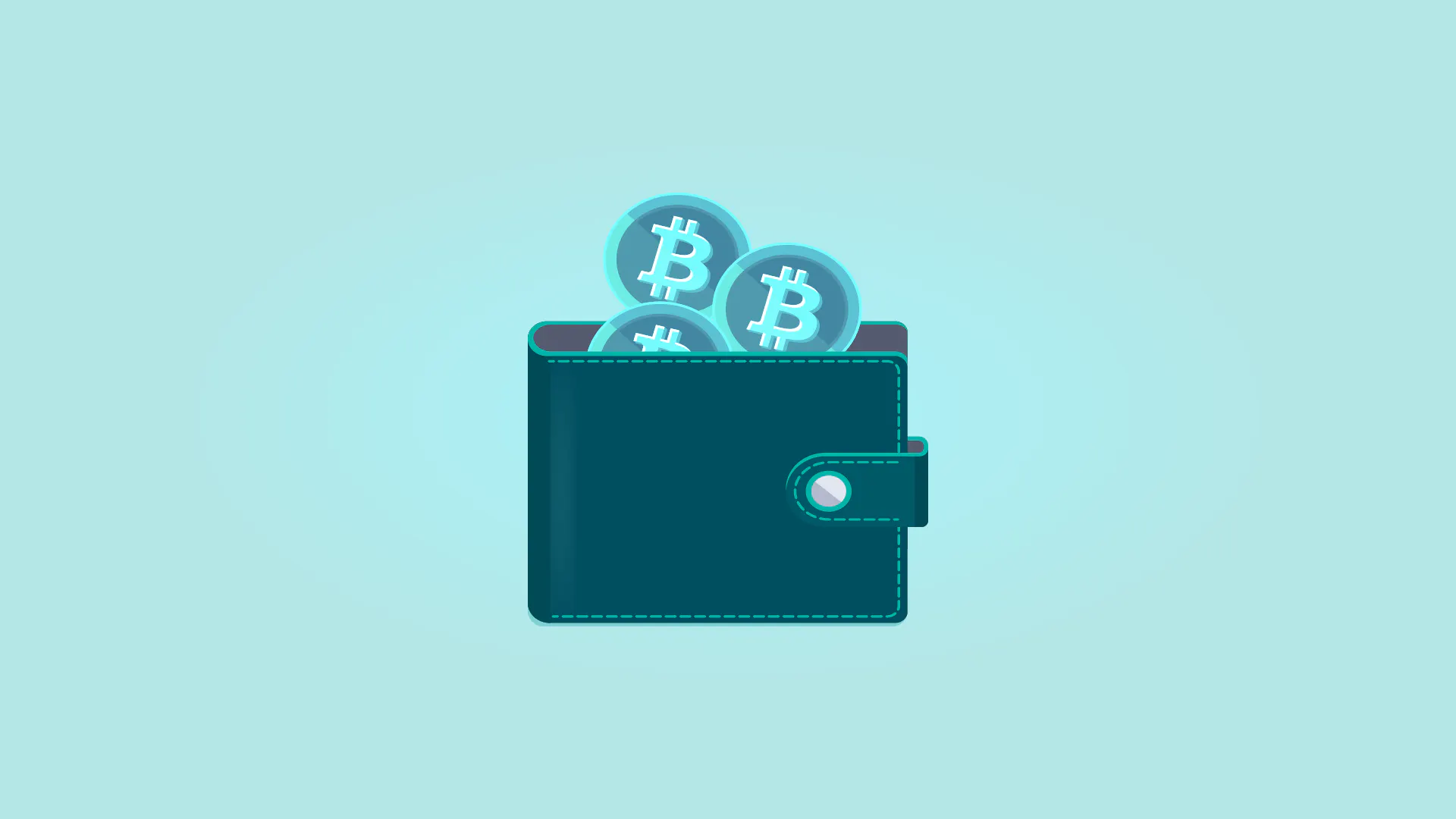The crypto world is full of surprises and new developments, and one of the latest trends to gain widespread attention is self-custody in Crypto. Self-custody or self-hosted wallets are becoming increasingly popular with investors as they offer several advantages over traditional custodial wallets. In this blog post, we will learn more about self custody and its benefits, the best methods, costs, and the best wallets for self-custody.
What is self-custody in Crypto?

Self-custody in Crypto refers to holding your private keys to store and manage your cryptocurrencies. A private key is a unique alphanumeric code that grants access to your cryptocurrency wallet; it is like a password that gives you complete control over your crypto assets. Self-custody is the opposite of custodial wallet services provided by third parties, such as exchanges or providers.
With self-custody, you are responsible for your security and have complete control over your funds. The main difference between self custody and custodial wallets is that you need direct access to your private keys with custodial services. Instead, you rely on the custodian to keep your private keys safe and secure.
It also gives you more autonomy over your investments, allowing you to decide about your funds without relying on a third party.
Benefits of self custody in Crypto
There are many benefits to self-custody in Crypto, some of which are outlined below.
- Increased Security: As mentioned above, self-custody provides complete control over your funds and private keys, meaning only you can access them. You don’t have to rely on a third party to secure your funds, so you don’t have to worry about their security measures or the potential of a hack.
- Autonomy: With self-custody, you can decide your funds without relying on a third party. It means you can buy, sell, and trade cryptocurrencies without going through a custodian.
- Flexibility: Another benefit of self-custody is storing multiple types of cryptocurrencies in the same wallet. It allows you to access numerous digital assets and diversify your portfolio.
- Low Fees: Self-custody also comes with lower fees than custodial services. You don’t have to pay for custodial services to save money on trading fees.
- Privacy: Self-custody enhances your privacy, as you can only access your private keys. No one else can track your transactions or view your funds.
What are the best methods for self-custody?

The best method for self-custody depends on what type of wallet you use and how much security you need. Generally speaking, the most secure way is to use a hardware wallet. Hardware wallets are small physical devices that store your private keys and sensitive information.
Another option is to use a paper wallet. Paper wallets are printed sheets containing your private keys and other information about your wallet. Somebody can quickly destroy paper wallets, so it is essential to store your crypto securely.
Software wallets are also an option but are less secure than hardware or paper wallets. It is because software wallets are vulnerable to malware and other online threats. It is crucial to ensure that your software wallet is always up to date and that you use a reputable provider.
Finally, you can use a combination of all three methods. It allows you to enjoy the security of hardware and paper wallets while also accessing your funds quickly via a software wallet.
What are the costs of self-custody?
The cost of self-custody depends on the method. Hardware wallets are the most expensive option, costing anywhere from $50 to $200. Paper wallets are the least costly, as they are free to generate. Software wallets usually have a monthly subscription fee.
In addition to the cost of the wallet itself, there are also fees associated with transactions. These fees vary depending on your wallet type and the blockchain network you use to transfer funds.
What are the best wallets for self-custody?

The best wallet for self-custody depends on your needs and preferences. Generally speaking, hardware wallets are the most secure option. Popular hardware wallets include the Ledger Nano S, Trezor Model T, and KeepKey.
Paper wallets are also a good option, as they are easy to generate and are resistant to many online threats. Popular paper wallets include Mycelium and Bitcoin Paper Wallet.
Finally, software wallets are for quick access to your funds. Popular software wallets include Mycelium, Coinomi, and Electrum.
Risks Involved in Third-party Custodians
The cryptocurrency world witnessed various instances where exchanges and third-party custodians suffered hacks, leading to significant loss of user funds. Relying on third-party services exposes investors to risks that are often beyond their control. Even if the service provider has top-notch security, there is no guarantee against internal malfeasance, regulatory clampdowns, or insolvency issues. By taking charge of their own funds, crypto holders can avoid these pitfalls and have greater confidence in their assets’ security.
Enhancing Financial Sovereignty with Self-Custody

One of the foundational ideals behind cryptocurrencies like Bitcoin was the empowerment of individuals through financial sovereignty – the ability to control and manage one’s own wealth without the need for intermediaries. Self-custody epitomizes this vision. When users have complete control over their private keys, they truly “own” their cryptocurrency in a way that’s not possible with traditional banking or third-party crypto services. This independence can provide not just a sense of security, but also a profound sense of ownership and empowerment in the digital age.
Evolving Nature of Self-Custody Solutions
Over the years, the crypto ecosystem has witnessed tremendous innovation in self-custody solutions. Initially, raw private keys and simple wallets were the primary means. However, the ecosystem has evolved to offer multisignature wallets, hardware wallets, air-gapped machines, and even cryptographic schemes like Shamir’s Secret Sharing. As the technology continues to mature, users will likely encounter an even wider range of options that cater to their specific needs, preferences, and risk tolerances.
Conclusion

Self-custody in Crypto offers many benefits, from increased security to lower fees. Understanding the risks and costs lets you choose the best wallet for your needs. It also gives you more control over your funds, allowing you to decide your investments without relying on a third party.









